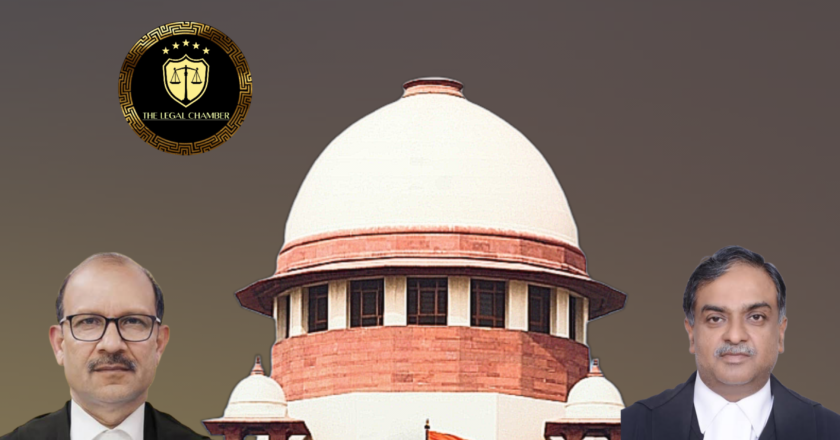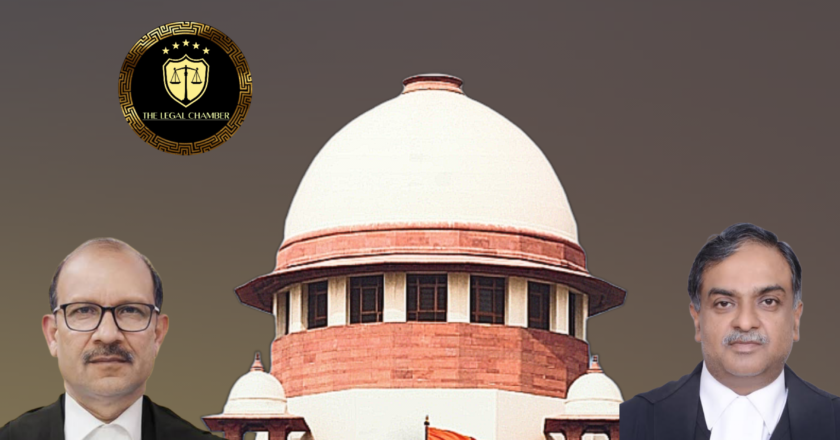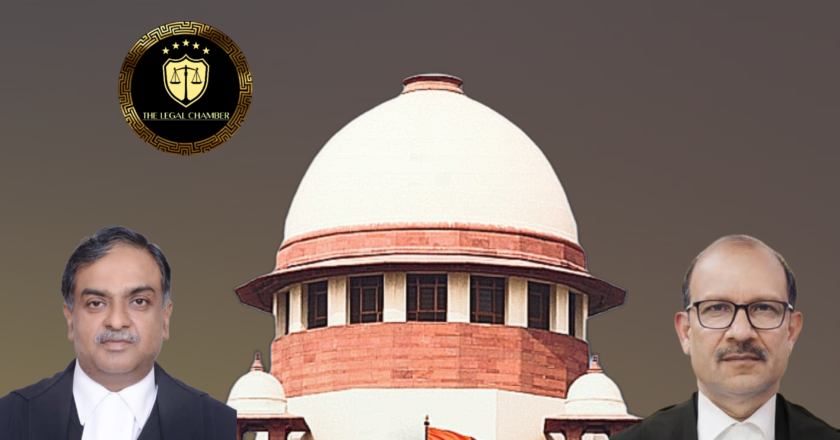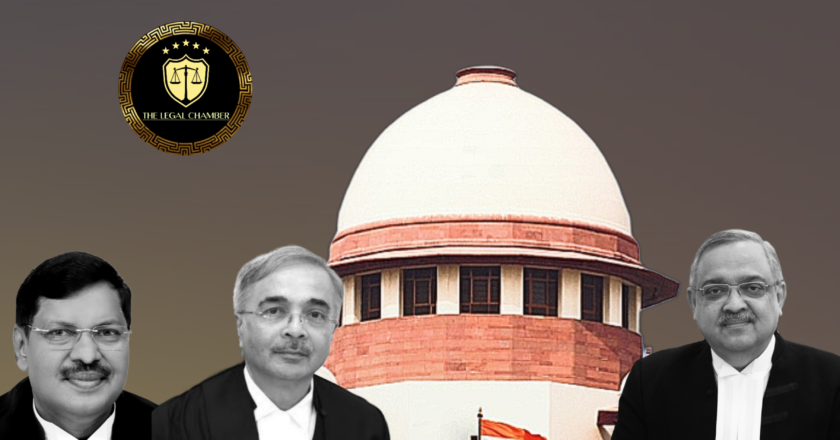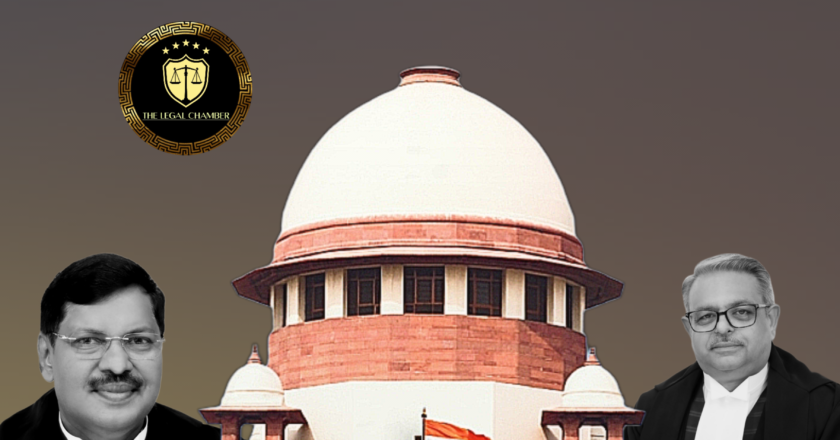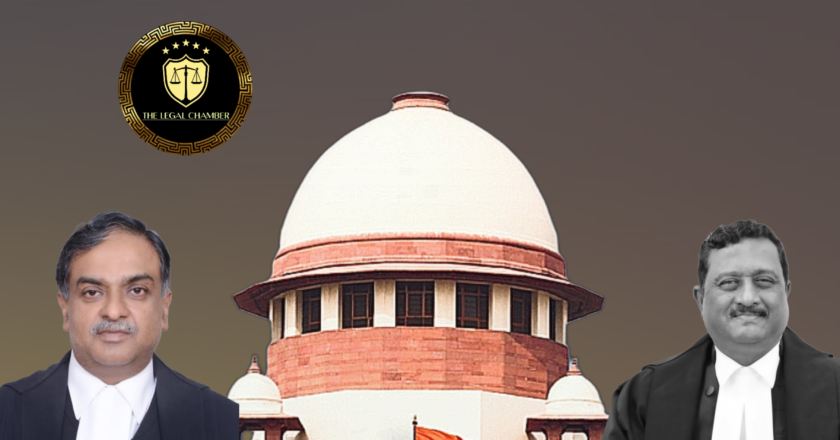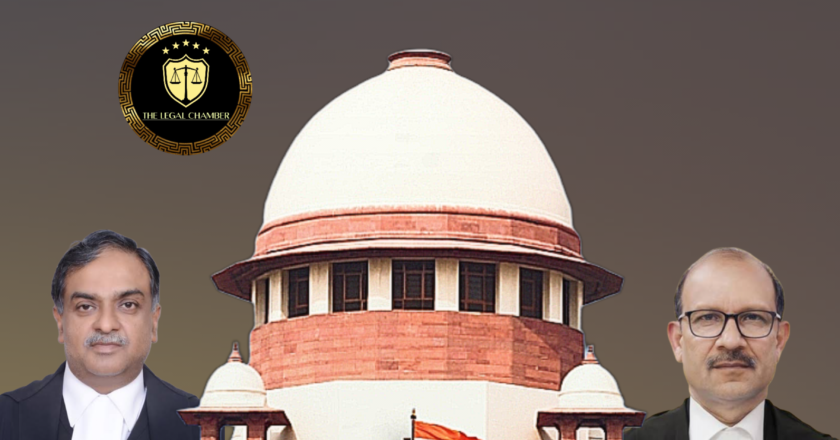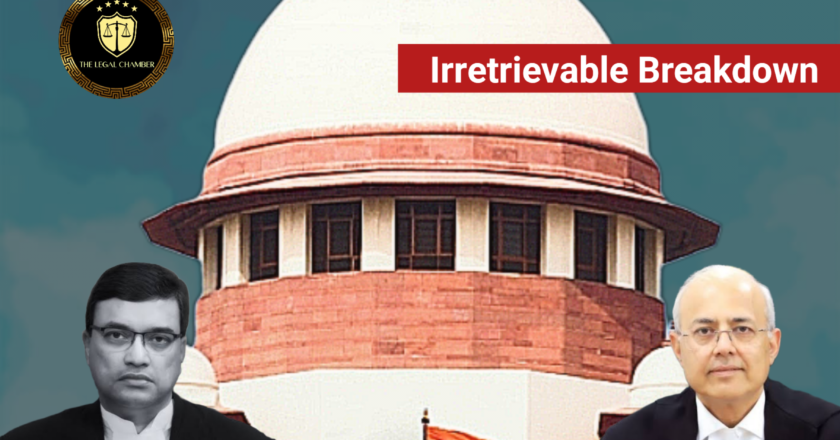Supreme Court Grants Virtual Visitation Rights in International Child Custody Case
The Supreme Court, prioritizing the child's welfare as the paramount consideration, granted the appellant-father virtual visitation rights. The Court held that a child has a right to maintain a relationship with both parents, even internationally. It directed regulated video-conferencing sessions to ensure the father remains part of the child's life without disrupting the child's settled custody arrangement with the mother.
Facts Of The Case:
The case involves a protracted custody dispute between the appellant-father, Manoj Dhankar, and the respondent-mother, Neeharika, over their minor son. The parties separated in 2017, after which the mother left the matrimonial home with the child. Both parties initiated various legal proceedings, including petitions for divorce and custody. Th...
